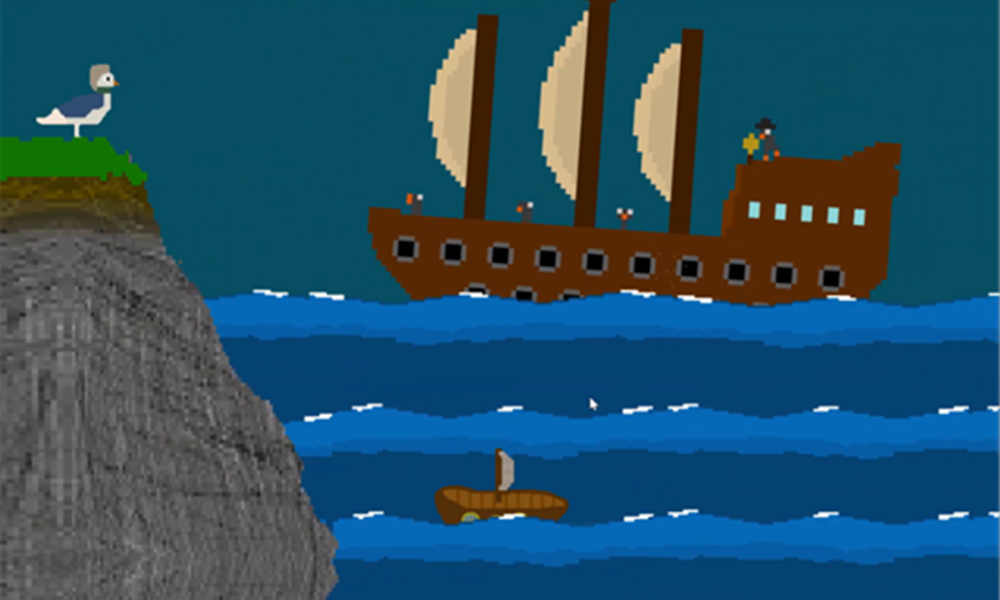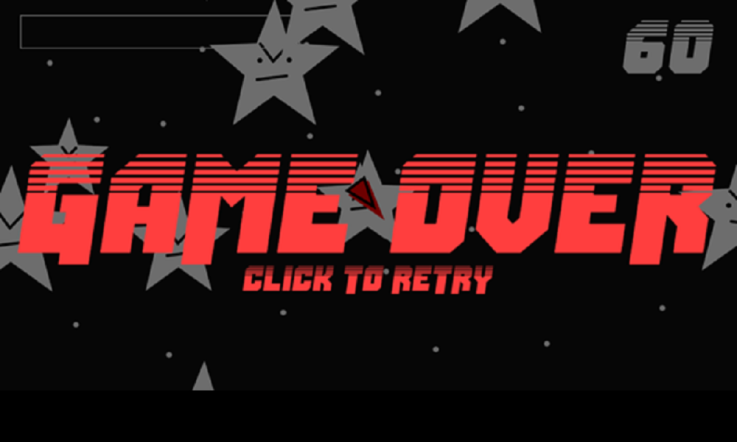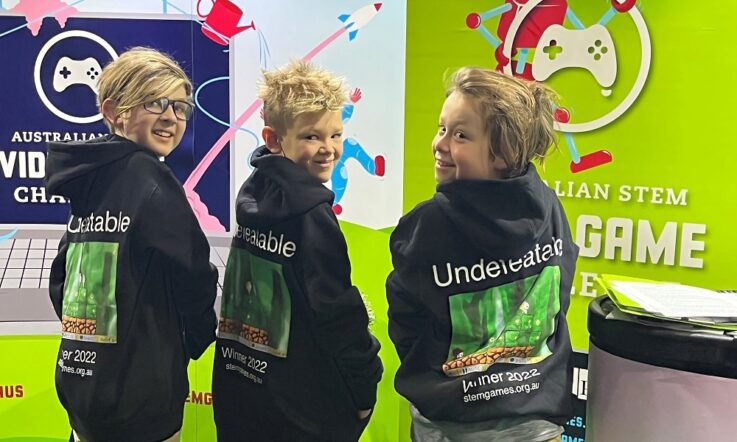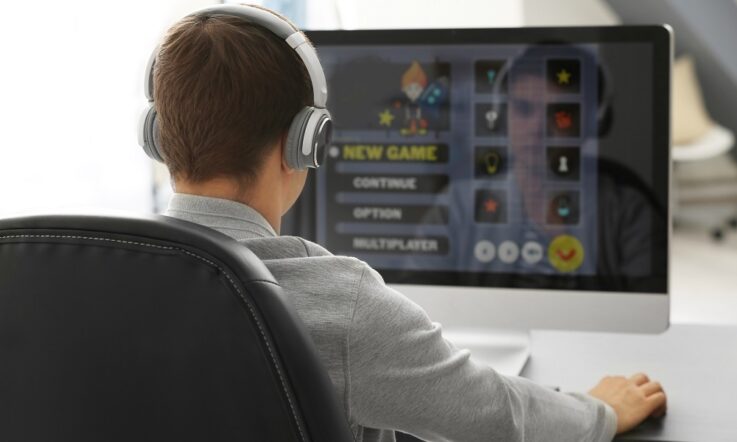How are you engaging students in STEM subjects in your school setting? What opportunities are available for students to develop real-world skills in these areas? Are these opportunities empowering them to choose a career in STEM? These are the aims of the Australian STEM Video Game Challenge (STEM VGC), a free national video game development competition for students in years 3-12.
The winners for the 2025 challenge have been announced today. Students are invited to work individually or in teams of up to 4 people to design and develop a video game based on a given theme. Participants are supported by a team mentor (typically a teacher) to submit their game for judging by a panel of teachers and industry experts.
We know schools around the country are integrating the STEM VGC into the curriculum, for example, in Technology and Enterprise (Wynne, 2019). To support teachers in primary and secondary settings wanting to give students the opportunity to participate in the Australian STEM VGC, free curriculum-aligned resources – including a 10-week lesson plan with tips to help teachers looking to learn alongside their students – were released for this year’s challenge (Broadley, 2025).
The skills developed reflect those identified in the Power of Play report, that surveyed 13,000 gamers in 12 countries, including Australia. Findings included 69% believed video games build problem-solving, cognitive, teamwork and collaboration skills, 65% felt they promote adaptability, and 60% felt they advance communications skills (ACER, 2023).
The 2025 Australian STEM VGC theme and winners
The 2025 challenge theme was ‘journey’. In total, 354 games were submitted across 5 categories for judging. The entries came from all states and territories. The most popular year level was year 5 (295 students) and the most popular category for entries was year 3-6 using the Scratch platform.
The winning entries will have their games showcased at the Penny Arcade Expo (PAX) held in Melbourne next month. Here’s the full list for 2025!
Year 3-6 Scratch
Meowtastic Expedition, by Luke, Nicholas, Danny and Adam from West End State School, Queensland – team KitKatz
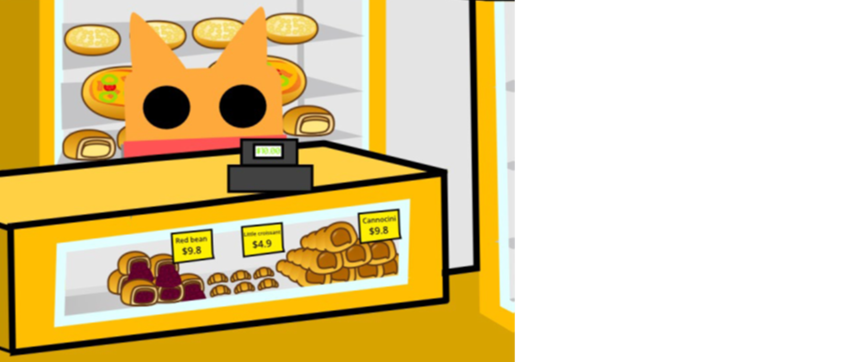
Players of Meowtastic Expedition take on the journey of Jeff the cat café worker. Jeff’s goal is to conquer all his fears so he can save his friend Bucky at the top of a mountain, tackling a variety of enemies along the way.
Year 3-6 Open
Journey 2000, by Riley and Harrison from St Leonard’s College, Victoria – team Rotten Bananas
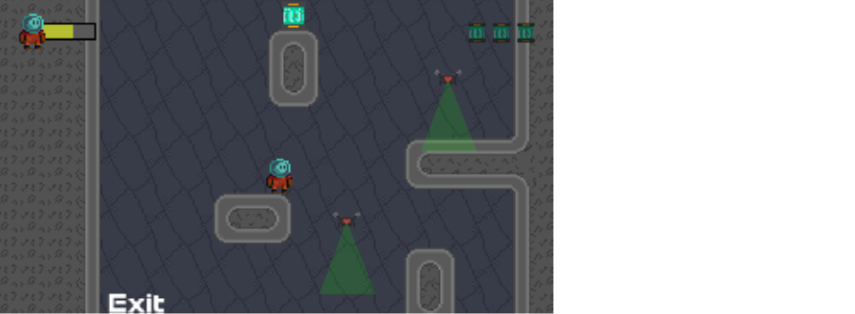
Riley from Victoria was named winner in this same category last year as a solo entrant. This year, with teammate Harrison, their winning game is called Journey 2000, developedon GODOT. As the name suggests, the game is set in the year 2000. Players take on the character of a Journeyman who has been given instructions to retrieve energy capsules from a drone-infested factory and restore the factory’s power.
Year 7-9 GODOT
Alfred: The fish, by Zandria, Amelia and Elizabeth from Firbank Grammar School, Victoria – team Alfred

The creators of this game sought inspiration from the Mariana Trench – the deepest oceanic trench known on Earth. The main character in the game is a blobfish named Alfred who is on a journey to the ocean’s surface as he searches for his parents who have been captured by fisherman.
Year 7-9 Open
Pigeon Pirates, by Adam, Ayaan, Cameron and Marcus from Kilvington Grammar School, Victoria – team Pigeon Planet
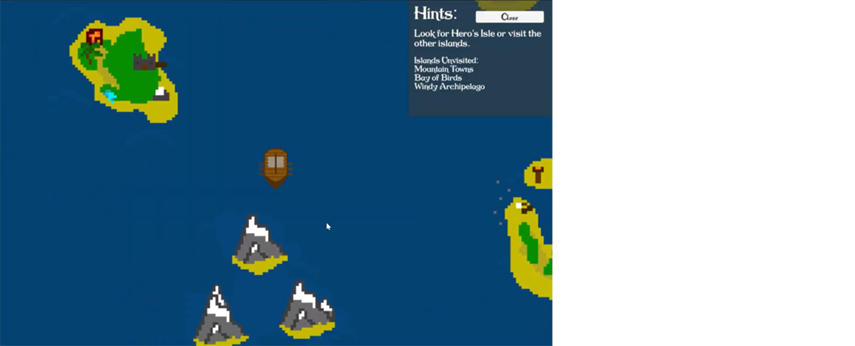
This team from Victoria used the Unity platform to create Pigeon Pirates. The game follows the story of a Pigeon King who has taken a loan from a Blackbird Pirate and is unable to pay the debt back. That’s when you, the player, come in – as Pigeon King’s loyal servant, you must sail across the seas to find treasures to pay the debt back, and ultimately beat the Blackbird Pirate in a battle.
Year 10-12 Open
Organisers announced a first and second place winner for this category.
First place: Buoyant Voyage, by Daniel (Seaford Secondary College) and Patrick (Pembroke School), South Australia – team Jaraph
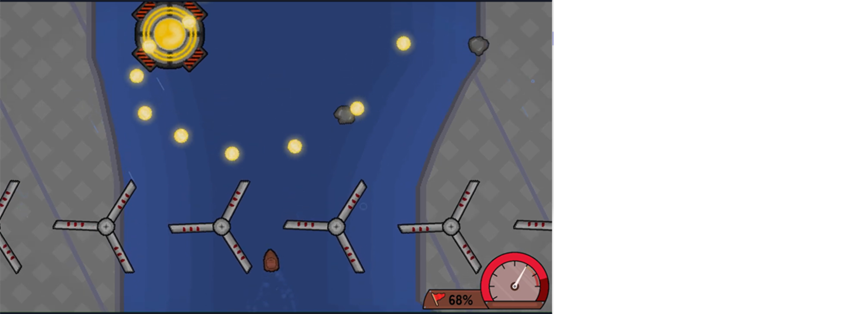
Buoyant Voyage, developed on the platform Love2D, is described as an arcade-style game. As a player, your task is to journey down a river in a wooden boat to get to the ocean. It’s not that simple though, of course – plenty of obstacles have been placed in your way, like turbine blades, rocks and storms.
Second place: Catacombs, by Sarah (St Aidan’s Anglican Girls School), Queensland – team Lobster & Fish.
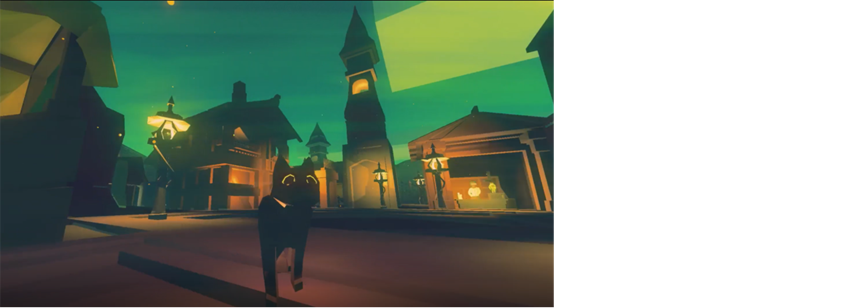
This game follows the journey of a cat left stranded in an unfamiliar city. Created on the GODOT platform, players are invited to explore the landscape and collect information as they go. To complete the game, a series of interconnected quests must be completed, ultimately awarding the player with a stone that can open a gate to determine the cat’s future.
The Australian STEM VGC has been ACER's annual video game development competition since 2014. Next year’s theme – Oceans – was also announced today.
References
Australian Council for Educational Research (ACER). (2023, October 24). Loading skills with the Australian STEM Video Game Challenge. ACER News. Loading skills with the Australian STEM Video Game Challenge
Broadley, A. (2025, January 22). Teacher resources: Free lesson plans for teaching video game design. Teacher magazine. https://www.teachermagazine.com/au_en/articles/teacher-resources-free-lesson-plans-for-teaching-video-game-design
Wynne, B. (2019, April 24). Creating original video games with students: Episode 2. Teacher magazine. https://www.teachermagazine.com/au_en/articles/creating-original-video-games-with-students-episode-2
To stay up to date with the 2026 Australian STEM Video Game Challenge dates and announcements, and for more information and mentor resources, visit the website.
